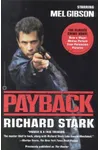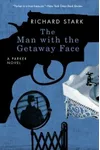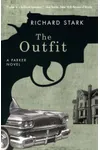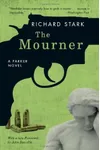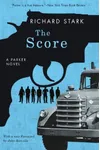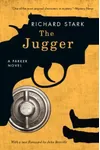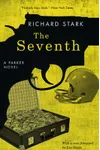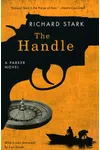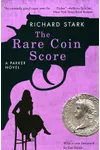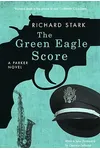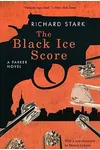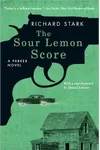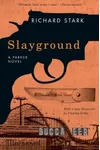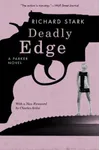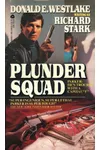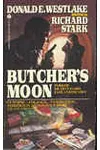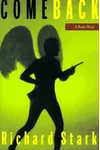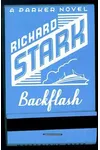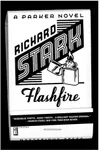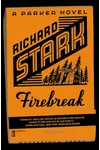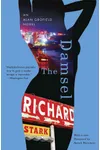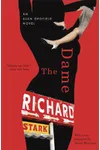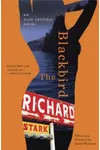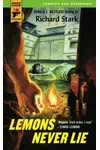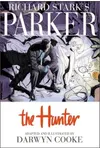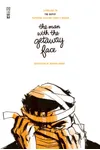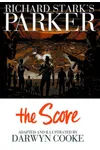Picture a master of hardboiled crime fiction, crafting tales of a ruthless thief named Parker with a pen as sharp as a switchblade—meet Richard Stark! Stark wasn’t just a name; it was the darker, colder alter ego of Donald E. Westlake, a prolific American author who spun over 100 novels. Under the Stark pseudonym, Westlake unleashed gritty, no-nonsense crime thrillers that captivated readers and inspired filmmakers, all while setting the stage for noir’s enduring legacy.
Born in Brooklyn in 1933, Westlake’s New York City roots pulsed through his stories, but it was his Stark persona that carved a unique niche in crime fiction. With a style that stripped away sentiment and humor, Stark’s novels delivered raw, pulse-pounding heists that still resonate with fans today.
The Making of Richard Stark
Donald E. Westlake grew up in Brooklyn and Albany, his imagination fueled by the gritty urban sprawl of New York. After stints in the Air Force and college without a degree, he dove into writing, churning out stories for pulp magazines. In 1959, he debuted the Richard Stark pseudonym in Mystery Digest, inspired by actor Richard Widmark’s menacing role in Kiss of Death. Stark became Westlake’s outlet for darker, more disciplined storytelling, a stark contrast to his comedic capers under his real name. By the early 1960s, Stark was synonymous with Parker, a professional criminal who’d redefine hardboiled fiction.
Richard Stark’s Unforgettable Stories
Richard Stark’s signature creation was Parker, a steely, amoral thief who starred in 24 novels, starting with The Hunter in 1962. This debut, later adapted into the iconic films Point Blank and Payback, follows Parker’s relentless quest for revenge after a double-cross. Its lean prose and unflinching focus on crime’s underbelly set the tone for the series. The Outfit (1963) sees Parker take on a crime syndicate, showcasing Stark’s knack for intricate heist plotting. The Score (1964) delivers a high-stakes robbery with a team of crooks, while The Jugger (1965) explores Parker’s rare moment of loyalty, twisted into a noir nightmare.
Stark’s writing was a masterclass in economy—every word served the story. Unlike Westlake’s humorous Dortmunder series, Stark’s novels were cold, direct, and devoid of moralizing. His four-part structure, shifting perspectives from Parker to his betrayers, kept readers hooked. This cinematic approach made his work a natural fit for Hollywood, with adaptations capturing Parker’s ruthless charm, though Westlake himself praised Robert Duvall’s portrayal in The Outfit as the truest to his vision.
The Parker series paused in 1974 but roared back in 1997 with Comeback, proving Stark’s enduring appeal. These later novels, like Backflash, retained the same taut intensity, earning acclaim as New York Times Notable Books. Stark’s ability to craft believable, unsentimental criminals influenced writers like Elmore Leonard and Dan Simmons, cementing his place in noir history.
Why Richard Stark Matters
Richard Stark’s impact on crime fiction is undeniable. His Parker novels redefined the heist genre, blending meticulous plotting with a morally ambiguous protagonist who fascinated readers. Stephen King paid homage by naming a villain George Stark in The Dark Half, even asking Westlake’s permission. The pseudonym’s distinct voice—colder and darker than Westlake’s—showcased an author’s ability to inhabit two literary personas, inspiring writers to experiment with style and tone. With over 15 film adaptations, Stark’s stories shaped noir cinema, bringing gritty realism to the screen.
Stark’s legacy endures in the hearts of crime fiction fans and the pages of his novels, republished by the University of Chicago Press in 2008. His work remains a benchmark for storytelling that’s as thrilling as it is uncompromising.
- Birth Date: July 12, 1933 (as Donald E. Westlake)
- Key Works: The Hunter, The Outfit, The Score, The Jugger
- Awards: Three Edgar Awards (as Westlake), Grand Master by Mystery Writers of America (1993)
Ready to dive into a world of heists and vengeance? Snag The Hunter and experience Richard Stark’s hardboiled brilliance for yourself!
